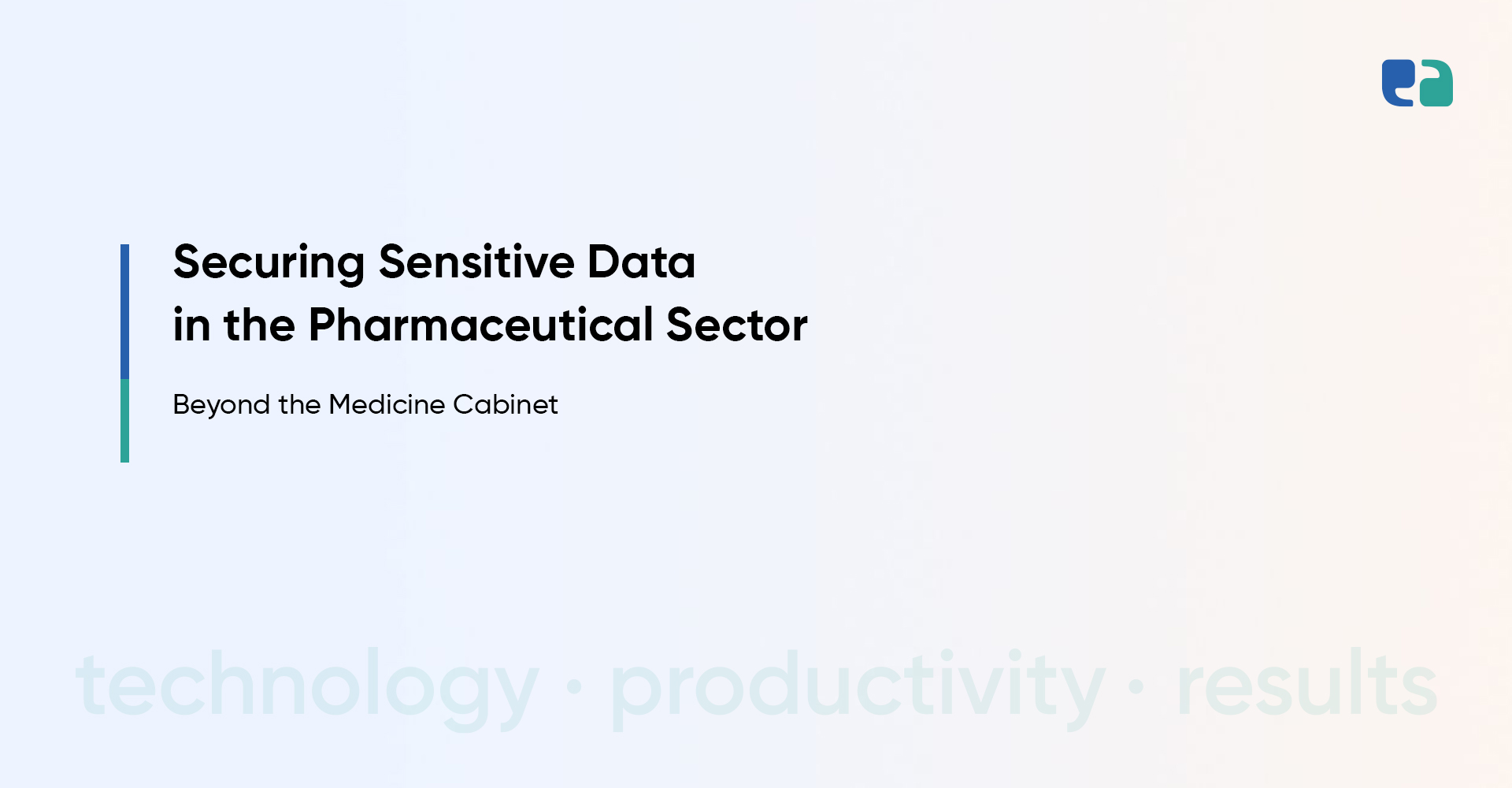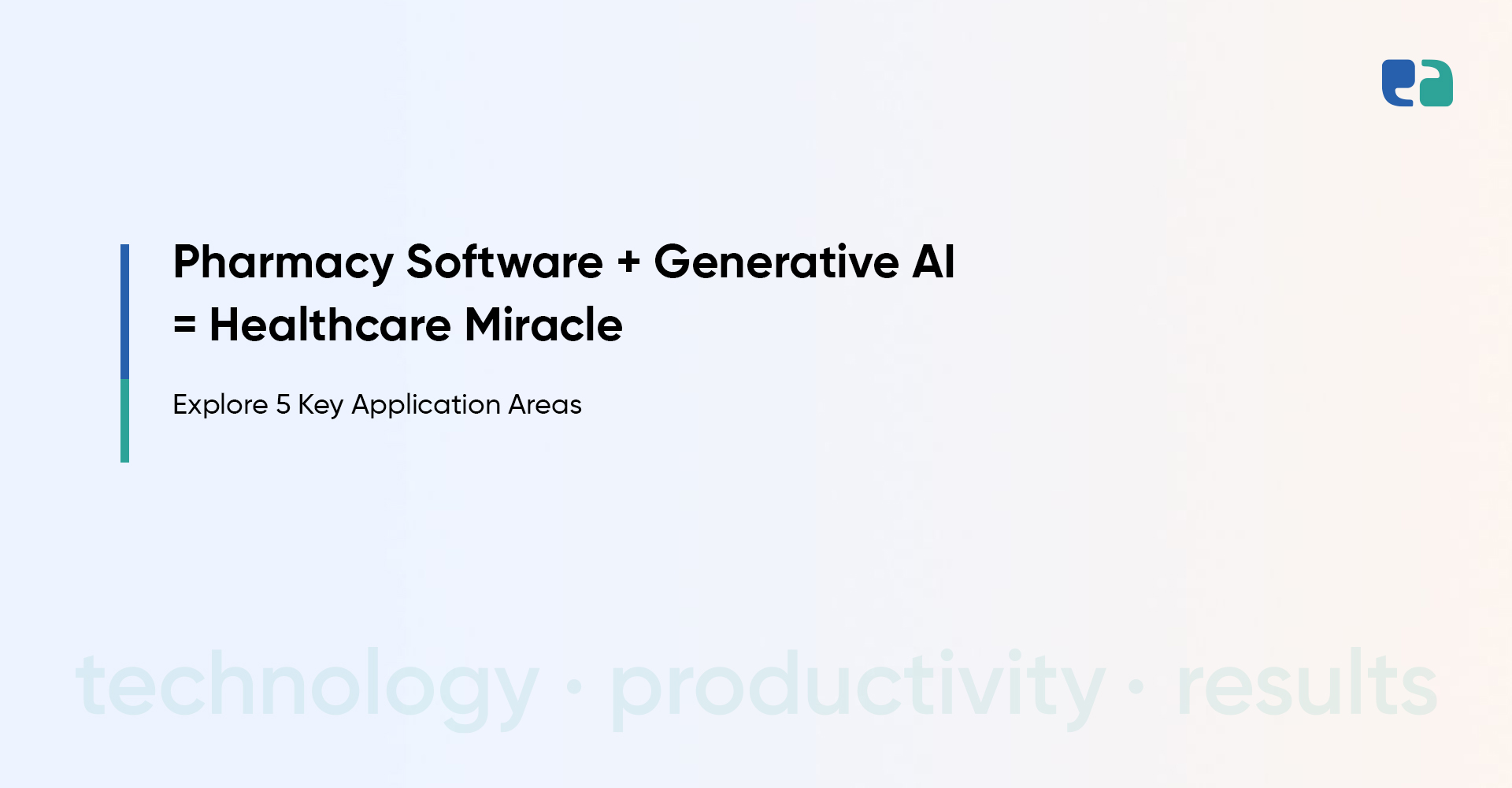The pharmaceutical industry plays a critical role in society, developing life-saving medications and advancements in healthcare.
However, the industry faces new challenges in securing sensitive data and protecting against cyber threats.
The Growing Cybersecurity Threat
The pharmaceutical industry has become a prime target for cyberattacks.
Due to the valuable intellectual property and personal health information, it holds.
The increasing digitalization of medical records, drug manufacturing processes, and clinical trials has made the industry vulnerable to various cyber threats, including
- Data breaches
- Ransomware attacks
- Intellectual property theft
According to a report by the World Health Organization, the healthcare sector, including pharmaceuticals, has experienced a significant rise in cyberattacks, with the COVID-19 pandemic exacerbating the situation.
Cybercriminals capitalize on vulnerabilities in the industry’s interconnected systems, seeking to exploit weaknesses and gain unauthorized access to critical data.
The Consequences of Cybersecurity Breaches
A cybersecurity breach in the pharmaceutical industry can have severe consequences.
Beyond the financial implications of data loss or theft, such incidents can lead to
- Compromised patient safety
- Reputation damage
- Regulatory penalties
- Legal liabilities
Intellectual property theft can hinder innovation and undermine a company’s competitive advantage.
Therefore, investing in robust cybersecurity measures is crucial to safeguarding the future of the industry.
Strategies for Securing the Future of the Pharmaceutical Industry
Prioritize Cybersecurity by Implementing Robust Security Measures
As the pharmaceutical industry faces escalating cyber threats, prioritizing cybersecurity is paramount to ensure the future of the industry.
However, having the right technology partner can make a significant difference.
With over 8+ years of experience exclusively focused on healthcare projects, we have proven expertise in developing innovative solutions tailored to the unique challenges of the pharmaceutical industry.
We understand the criticality of safeguarding sensitive data and intellectual property within the pharmaceutical sector.
Our managed security services offer:
- Next-gen firewalls and IPS
- Identity and access management
- Network visibility and security
- Security assessment
- Email and web security management
- Endpoint device security
- Work-from-home security
- Cybersecurity awareness training
Together, let us secure the future of the pharmaceutical industry.



